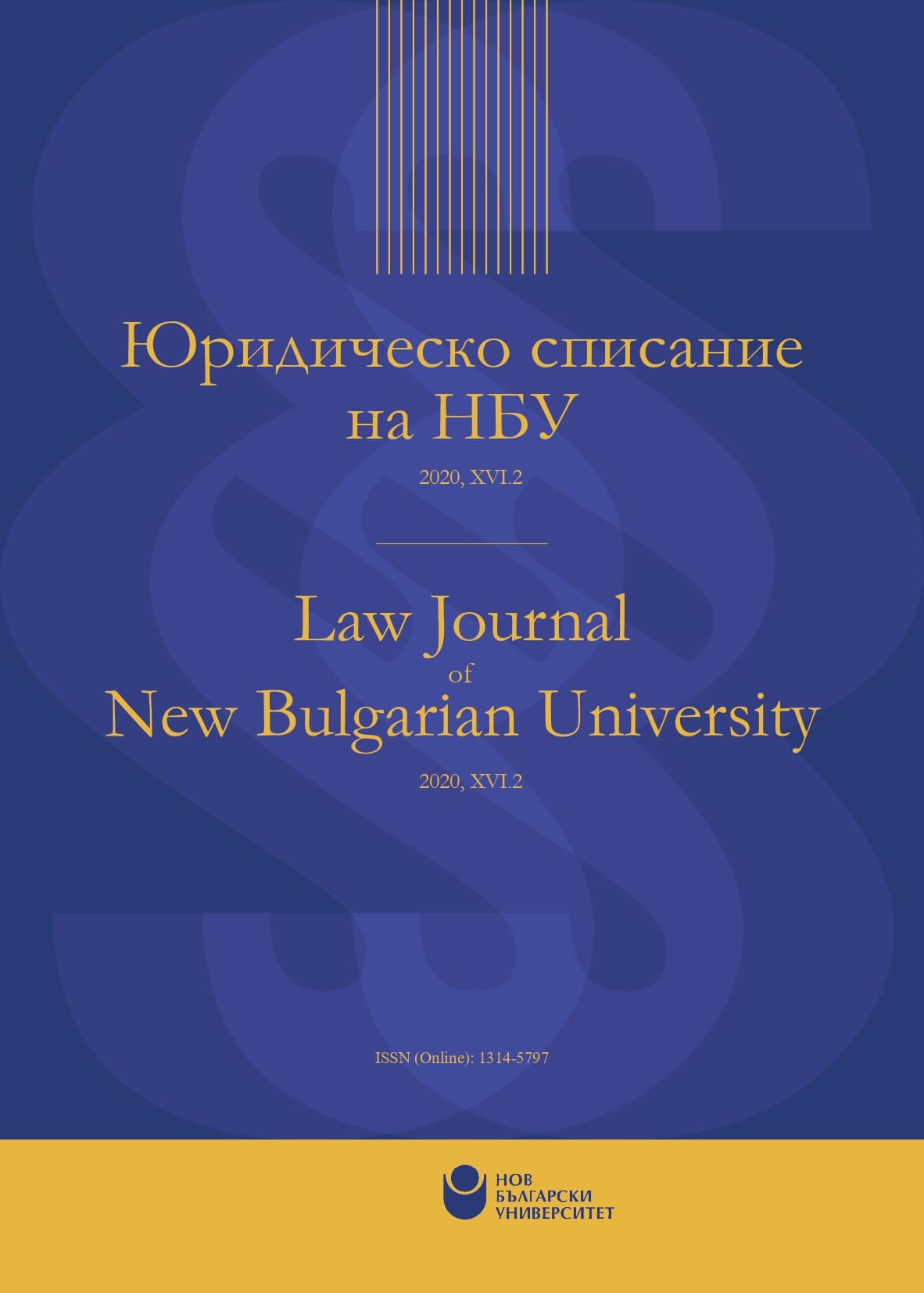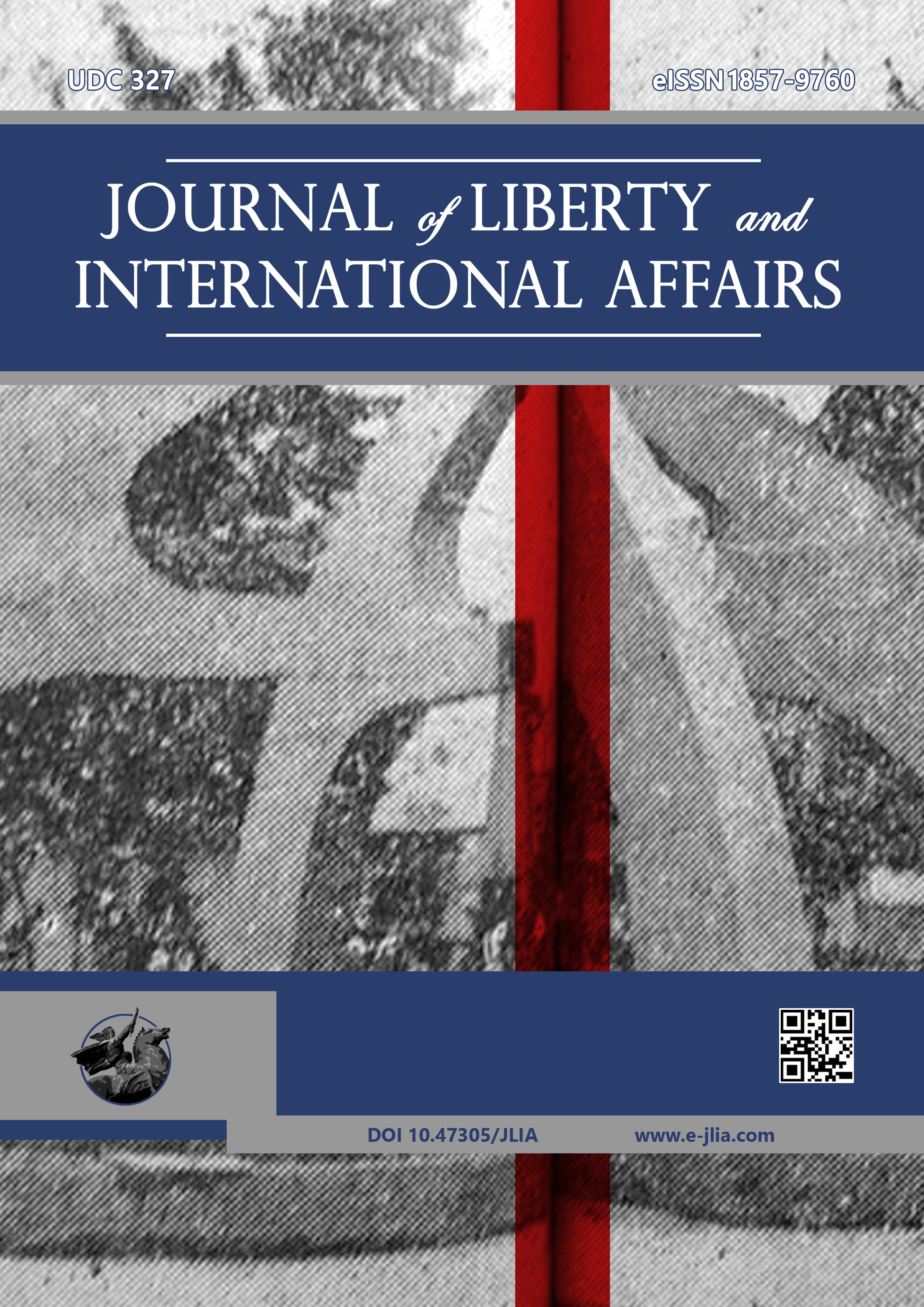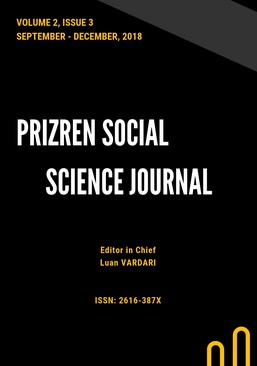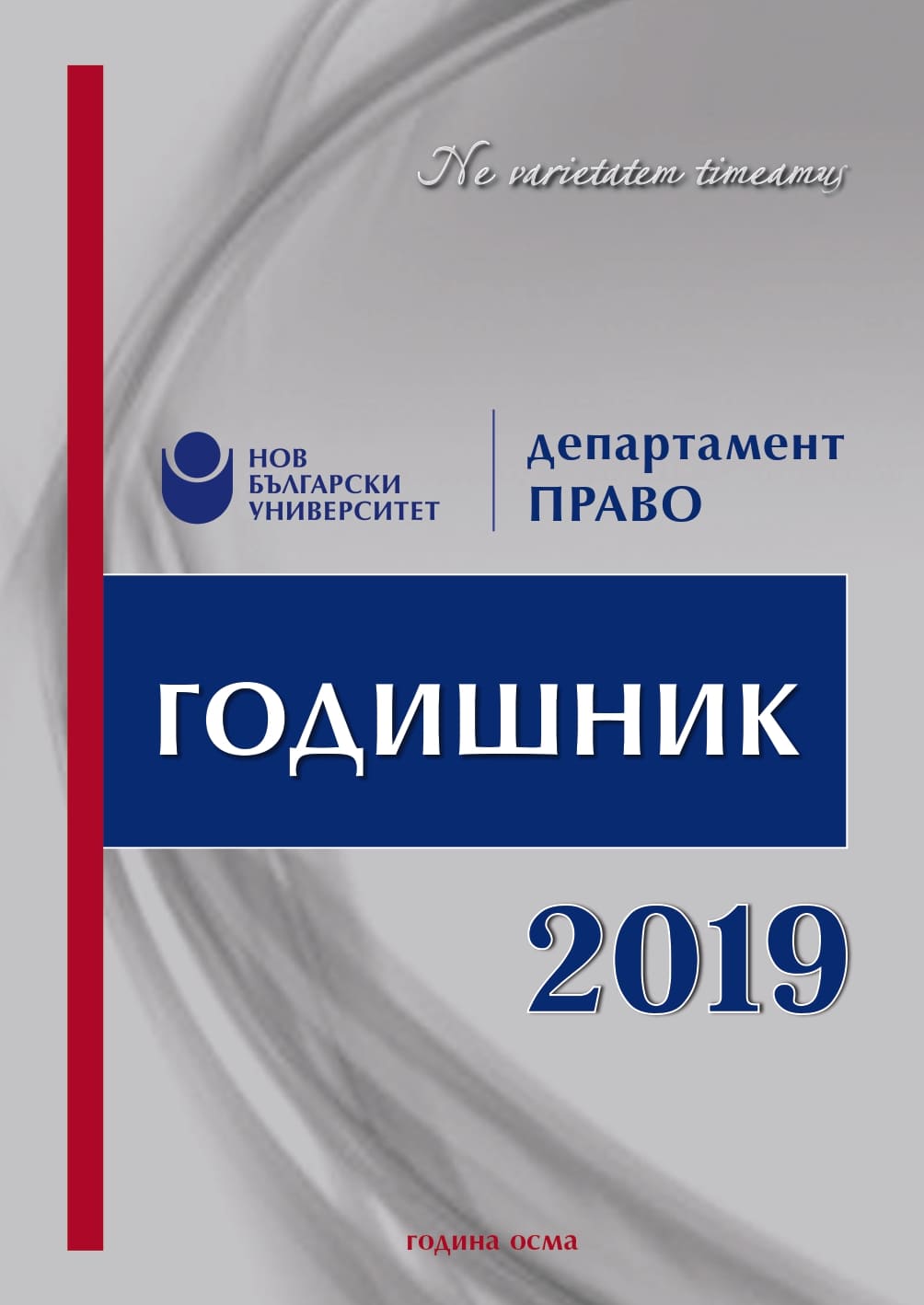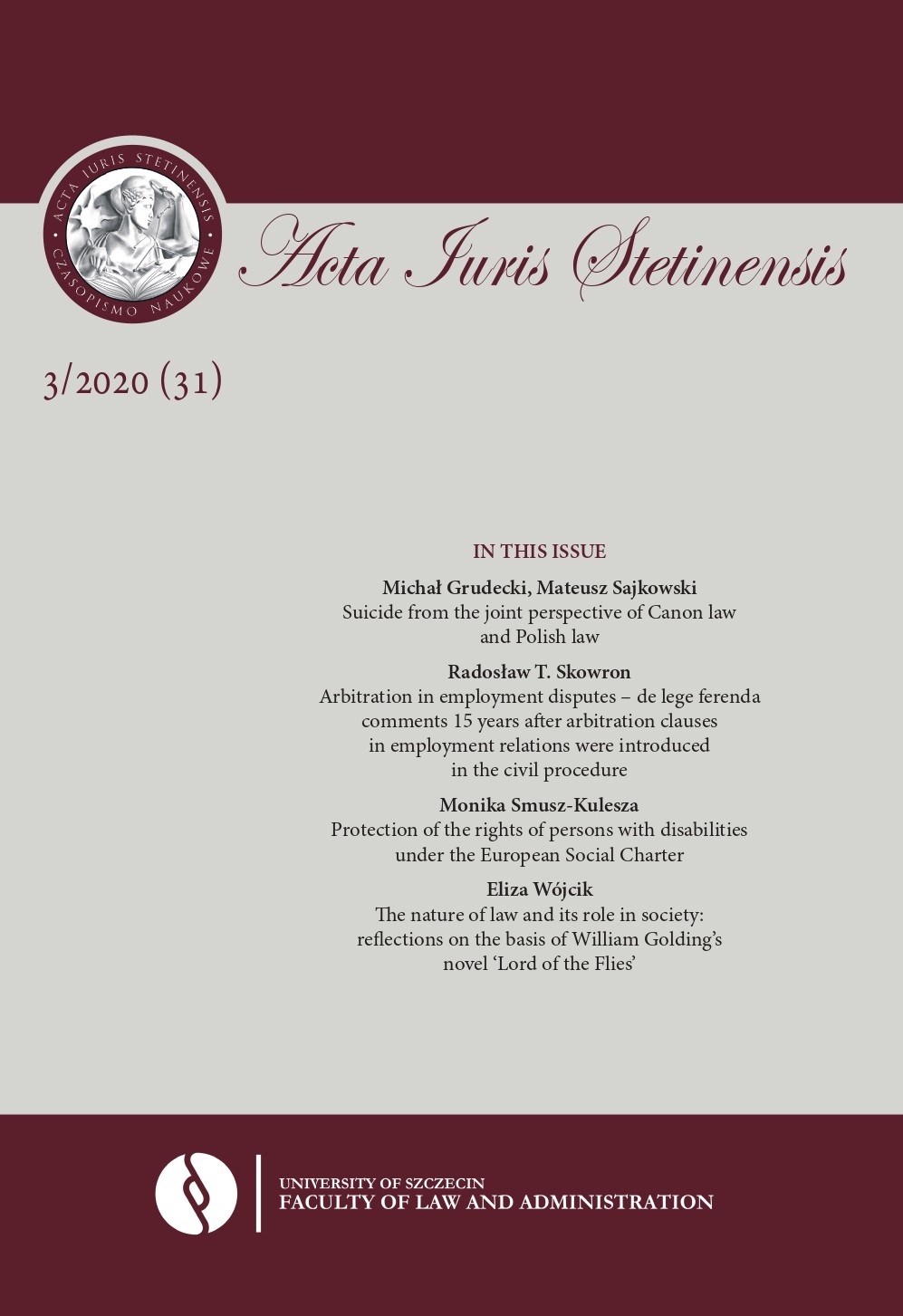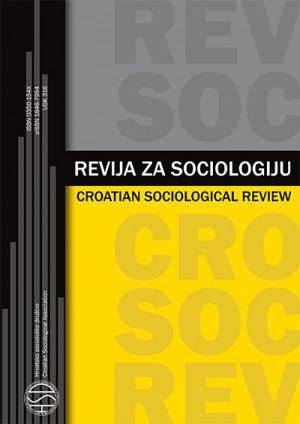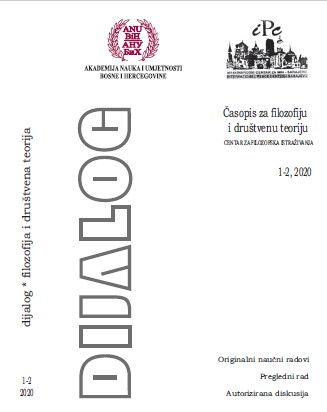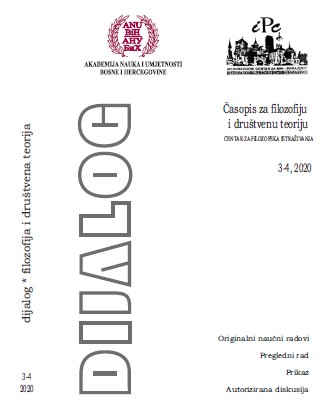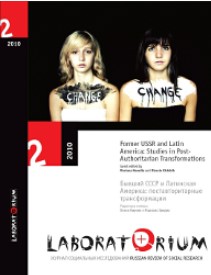Author(s): Arlinda Ymeraj / Language(s): English
Issue: 3/2018
Social work has little tradition as an academic discipline or as a profession in Albania despite the high need for well-trained social workers. Social work in Albania had practically not existed in the past, neither before the WWII nor during socialist regime. It was the deep political and economic changes of the post socialist phase and the support of government and non-government stakeholders, like the Ministry of Labour, Social Affairs, Emigration and Ex- Persecuted People as well as the Grand Valley University, Michigan, which paved the way for the establishment from scratch of the Faculty of Social Work at the University of Tirana in 1992. Two other schools of Social Work were also established in two public universities, one at the University of Shkodra (2005) and another at the Elbasan University (2004). The Albania’s adherence to the Bologna Declaration brought a new reform, initiated in 2005, in which the Departments of Social Work were actively involved and played a critical role to adjust the curricula according to the EU standards. However, social work is neither a straight forward academic discipline nor a clear-cut profession. Social work is both, above all it is the safety net of society. The concept of social work derives from the needs of society, which in the end turns towards social mobilization, participation and inclusion. The global definition of social work, set out by the International Federation of Social Workers (IFSW) and approved by its general assembly in 2014, defines Social Work as follows: “Social work is a practice-based profession and an academic discipline that promotes social change and development, social cohesion, and the empowerment and liberation of people. Principles of social justice, human rights, collective responsibility and respect for diversities are central to social work. Underpinned by theories of social work, social sciences, humanities and indigenous knowledge, social work engages people and structures to address life challenges and enhance wellbeing”. (http://www.communitycare.co.uk/what-is-the-roleof-social-workers).
More...
